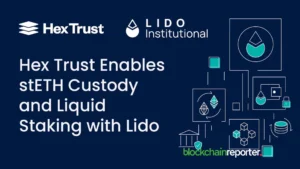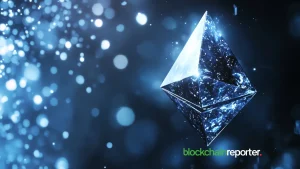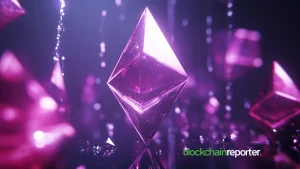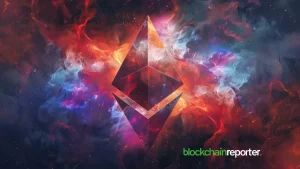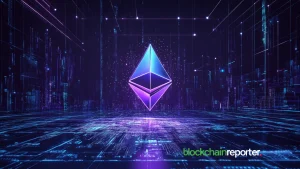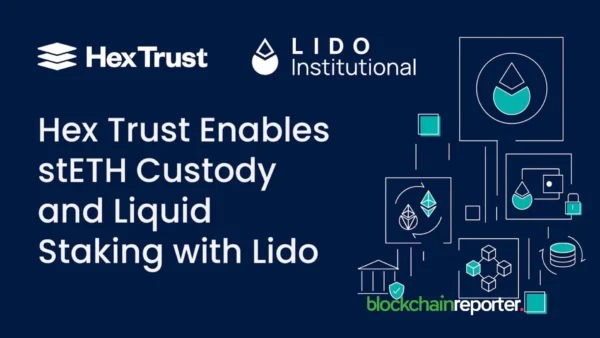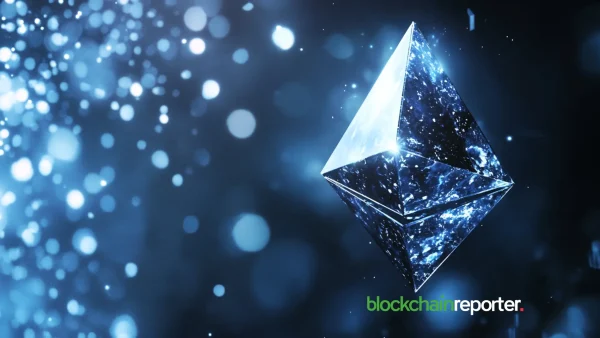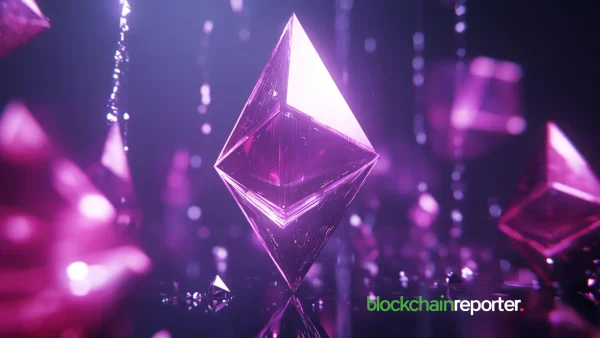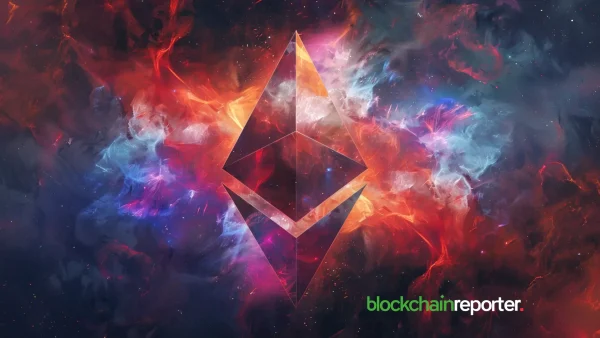
In today’s rapidly evolving digital landscape, blockchain technology stands as a transformative force, leading the charge into a decentralized future.
At the heart of this revolution is Ethereum, a platform renowned not just for its cryptocurrency, Ether (ETH), but more importantly for its pioneering support of decentralized applications (dApps). For anyone diving into this realm, an ethereum wallet is crucial, serving as the gateway to interact with and harness the full potential of dApps on the Ethereum platform.
What are Decentralized Applications (dApps)?
Decentralized applications, often abbreviated as dApps, represent a new paradigm of software development. Unlike traditional apps, dApps operate on a blockchain or peer-to-peer network, eliminating centralized control.
This means no single entity owns the app or its data, ensuring transparency, censorship resistance, and reduced points of failure. Key features that set dApps apart include their open-source nature, a consensus mechanism (like Proof of Work or Proof of Stake), and the use of cryptographic tokens for incentivizing network participation.
Ethereum – More Than Just a Cryptocurrency
While many associate Ethereum primarily with its native cryptocurrency, Ether, the platform’s true genius lies in its capability to execute smart contracts.
These self-executing contracts, with terms directly written into code lines, form the foundation upon which dApps are built. Ethereum’s vision of becoming a “world computer” aligns perfectly with the dApp concept, as it seeks to provide a decentralized platform where these applications can run unimpeded by external influences.
Why dApps Flourish on Ethereum?
Ethereum’s architecture inherently supports dApps. Its unique Turing-complete programming capability means that virtually any computational task can be performed, given enough resources. This flexibility has made Ethereum the go-to platform for dApp developers.
Furthermore, Ethereum boasts a robust ecosystem replete with a vast developer community, extensive tooling, and infrastructure. This environment nurtures innovation and has birthed a myriad of dApps spanning various sectors.
The Token Economy on Ethereum and dApps
Ether, Ethereum’s native cryptocurrency, plays a pivotal role in the dApp ecosystem. It’s used as “gas” to power operations, ensuring that developers write efficient code and that the network isn’t clogged with unnecessary data.
But beyond Ether, Ethereum supports the creation of other tokens via standards like ERC-20 and ERC-721. These tokens can represent anything from a stake in a project (utility tokens) to unique digital collectibles (non-fungible tokens), facilitating diverse functionalities within dApps.
Challenges and Solutions
Like any burgeoning technology, Ethereum faces challenges, with scalability being a prime concern. As dApps gain popularity, the Ethereum network has, at times, struggled to handle the increased load, leading to congestion and higher gas fees.
However, solutions are on the horizon. Ethereum 2.0, an upgrade to the network, promises to address these scalability issues, potentially revolutionizing the dApp experience with faster transaction times and reduced fees.
Notable dApps on Ethereum
- DeFi Platforms: The decentralized finance sector has exploded in popularity, with platforms like Uniswap offering decentralized exchange services, and Aave providing lending and borrowing facilities.
- Gaming and Collectibles: Games like CryptoKitties have showcased the potential of blockchain in the gaming sector, with players collecting, breeding, and trading virtual cats. Similarly, Decentraland allows users to purchase, develop, and sell parcels of virtual real estate.
- Decentralized Autonomous Organizations (DAOs): These are organizations run through rules encoded as smart contracts. MakerDAO, for instance, has created a stablecoin pegged to the US dollar, managed entirely by smart contracts and automated governance protocols.
Conclusion
Ethereum and dApps share a symbiotic relationship, with each amplifying the potential of the other.
As Ethereum continues to evolve, overcoming challenges and scaling new heights, the dApp ecosystem stands to benefit, heralding a future where decentralized applications become as ubiquitous as their centralized counterparts. For enthusiasts, developers, and users alike, this journey is just beginning, and the road ahead promises innovation, challenges, and transformative potential.

